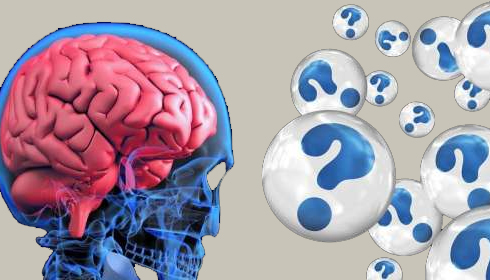
Empty-Handed Neurons May Lead to Neurodegenerative Diseases: Study
In a recent study published by Tokyo Metropolitan University, researchers shed light on a crucial pathway implicated in neurodegenerative diseases such as Alzheimer's. Their findings suggest that the loss of mitochondria in axons, the elongated structures of neurons responsible for signal transmission, could play a pivotal role in the accumulation of proteins within neurons.
Neurodegenerative diseases, including Alzheimer's and Amyotrophic Lateral Sclerosis (ALS), are characterised by the abnormal buildup of proteins in neurons. Despite extensive research, the precise triggers behind this accumulation have remained elusive.
Associate Professor Kanae Ando and her team at Tokyo Metropolitan University employed Drosophila fruit flies as a model organism to investigate this phenomenon. By genetically modifying the fruit flies to suppress the production of milton, a protein crucial for mitochondrial transport along axons, the researchers observed a notable increase in protein accumulation within the neurons. This accumulation stemmed from the impairment of autophagy, the process responsible for recycling proteins within cells.
In the research findings published in the pre print edition of the journal eLife, The researchers stated that they are studying flies that have a problem with moving mitochondria along axons. They found that one part of a protein complex called eIF2 was increasing when they looked at the proteins in the flies using a special analysis tool called mass spectroscopy. They also saw that when they made this part of the protein complex, called the beta subunit, more active in neurons, it caused similar problems to what they saw when the mitochondria movement was not working right. On the other hand, when they reduced the activity of this beta subunit, it helped to fix some of the problems in the neurons. These findings are interesting and could be helpful, but some issues with how the study was done make it hard to fully understand and believe the results.
Through proteomic analysis, the researchers identified a significant upregulation of a protein called eIF2β, a key subunit of the eIF2 protein complex involved in initiating protein production. Furthermore, they observed chemical modifications in another subunit, eIF2α, which hindered its normal function. These disruptions in the eIF2 protein complex contributed to the abnormal protein buildup in neurons.
Crucially, the researchers demonstrated that by artificially suppressing levels of eIF2β, they could restore impaired autophagy and partially recover neuronal function affected by the loss of axonal mitochondria. This not only confirms the link between axonal mitochondrial depletion and protein accumulation but also highlights the role of eIF2β in this process.
As the global population ages and the prevalence of neurodegenerative diseases rises, these findings hold immense promise for the development of novel therapies. By targeting the identified pathway, researchers may be able to intervene in the progression of these debilitating conditions, offering hope for millions worldwide.
This significant breakthrough in understanding neurodegenerative diseases, potentially paving the way for new treatment options.
The study was supported by various grants and foundations, reflecting the collaborative effort and dedication of the scientific community in advancing our understanding of neurodegenerative diseases and striving towards effective treatments.